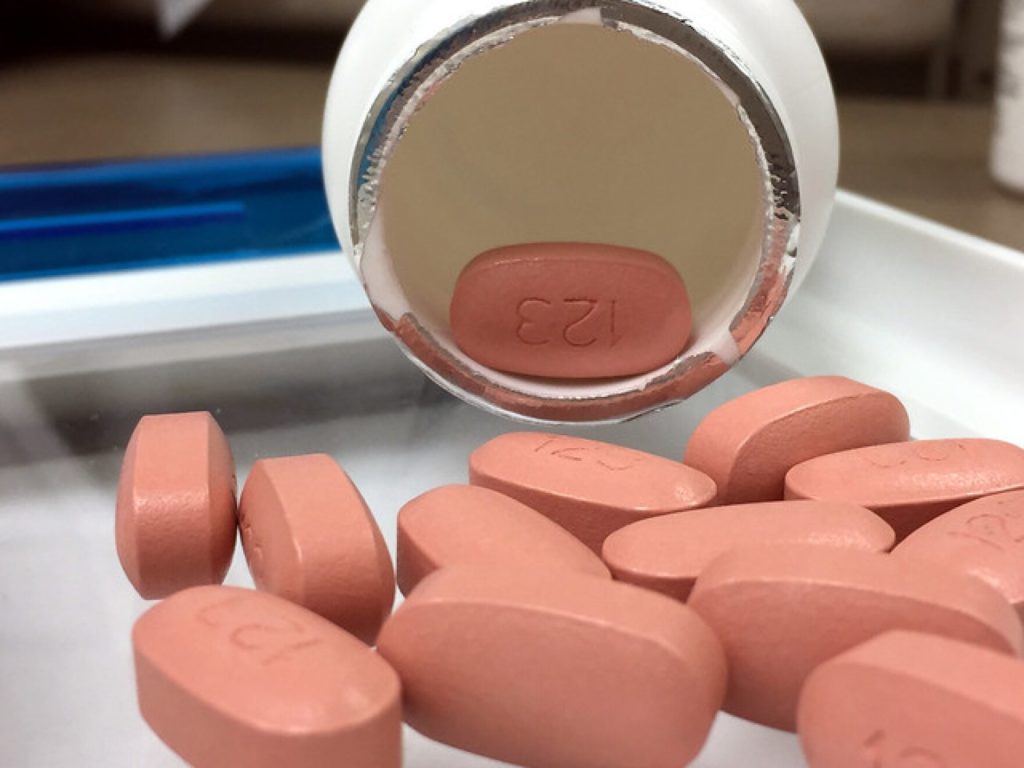
Nashville’s largest clinic that offers a daily pill to prevent HIV is cutting back its services. So-called “PrEP” clinics have warned they may be run out of business over changes from drugmaker Gilead, which produces HIV medication.
The pharmaceutical giant has essentially been funding some of these clinics in a roundabout way through a program known as 340b. But with the funding change, announced last year, Music City PrEP has basically lost half of its budget, says executive director Rich MacKinnon.
“That’s a crisis,” he says, adding that there’s no way to continue offering free testing for sexually transmitted infections. The clinic has been screening more than 500 new patients a month, he says.
“So we were doing a better job than the government was doing in terms of getting sexually active adults and get checked for STIs and have the PrEP conversation. We can no longer afford to do that,” MacKinnon says. “We’re going to have to turn that job over to the government.”
On Nov. 1, Music City PrEP began furloughs and layoffs for 10% of its staff, according to its local response plan.
More: HIV prevention pill still a tough sell in Nashville
The Metro Public Health Department expects an influx due to the recent cuts.
“We haven’t seen an extensive amount of Music City patients, but slowly, we have scheduled quite a few,” says Kawana Holt, the nurse practitioner who leads the MPHD PrEP clinic.
Public health departments are not wholly dependent on drugmakers to fund preventative HIV medication. However, they also don’t have the same financial incentive to get as many people as possible in the door. MPHD manages roughly 100 patients on PrEP, Holt says. Music City has 15,000, according to its response plan, with many from surrounding counties and even neighboring states.
Even though Nashville has seen a big jump in use of PrEP, largely thanks to rapid growth at the Music City clinic, HIV infections have grown in the last few years with 213 newly diagnosed cases in 2020, which is the most recent year with complete data.
The South has far outpaced the rest of the country in new HIV cases, with more than half of all new cases in 2020.

